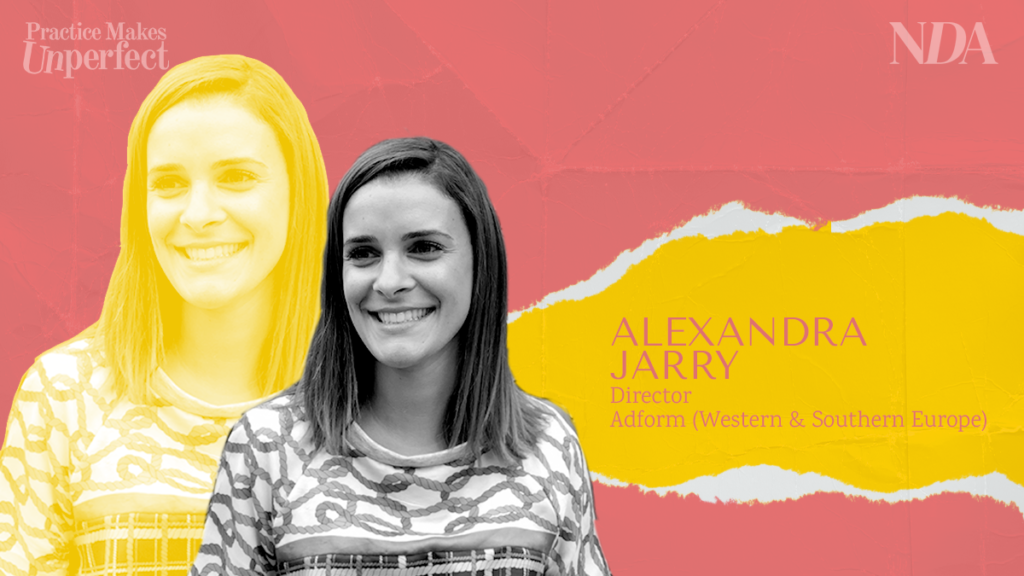By Alexandra Jarry, Director, Customer Success, Western and Southern Europe at Adform
Most of us will have been lucky enough to have a leader in our lives who gave us an idea of who we want to be.
But what about when you experience bad leadership, and what separates the good from the bad?
The topic means different things to different people. But how often has your organisation or indeed any organisation you’ve worked at taken the time to define leadership for its people? The word can be perceived very differently from one person to another, from one manager to another, from one company/environment to another.
Some expect leaders to have authority and charisma, others will define it as someone who gives credit to others, some think visionaries like Elon Musk are natural leaders.
The Cambridge dictionary defines a leader as “A person in control of a group, country or situation”. Power.
The Oxford dictionary says the verb leading means “to go with or in front of a person or an animal to show the way or to make them go in the right direction”. Trailblazing.
The “Great Man” theory (1840) or the “Trait” theory (1910) stated that Leaders are born not made.
After the 2nd world war (1940s) this concept was contradicted by the “Behavioural theories” that focus on how Leaders behave and that they can learn, observe and train themselves to become leaders. So technically anyone can become a leader, if they study hard enough.
In the 1960s a “Situational” theory emerged, that emphasises on the impact of the environment. Acknowledging that there’s no “one size fits all” way of learning, it suggests a more fluid approach. Based on the maturity of the workplace you may move between Telling, Selling, Participating and Delegating. I’m sure we can all relate!
In the 1980s, there was much talk about “Transactional” and “Transformational” modes of leadership, which examined the relationship between the leader and the follower, and their influence on each other.
For the last 20 years, there’s been very little consensus and this era isn’t dominated by any one particular framework or concept. Perhaps due to the sheer volume of voices providing input into the subject across social media platforms. But increasingly some key themes – such as collaboration, morals and inclusion – are gaining traction.
So which era are we entering now? New leaders today are the Millennials or Generation Y born from the baby boomers in the 80s and 90s. They have a very tricky position in companies, they are usually managed by GenXers, that are, roughly speaking, focused on company results, and are managing GenZers, who work to live but don’t live to work.
A survey, conducted by Deloitte, revealed key characteristics from these new leaders. First of all, Millennials are qualified as “switchers”: they change jobs easily and frequently (compared to the previous generation). Almost half of respondents expected to leave their jobs within the next two years.
But they can be loyal to a company that focuses on sustainability or have an impact on society. Their personal values and morals are their first drivers in terms of decision making processes.
It seems integrity is the magic ingredient; and a timeless one at that. If you’re seen to have real values, and align what you say with what you do, you’ll likely have an advocate for life.
Different companies have different processes and different teams have different dynamics, but the universal requirement of a modern leader is that they be a good person. Any alternative is simply not good enough for this generation of workers, and they won’t tolerate an environment without transparency and truth.
In the last few years many people have learned from politicians what they don’t want when it comes to leadership, and are more vocal about what they will and won’t tolerate.
Leadership is not longer just about power, and your entire organisation needs to have a say in who rises up. And maybe some companies need to reset their definitions.






